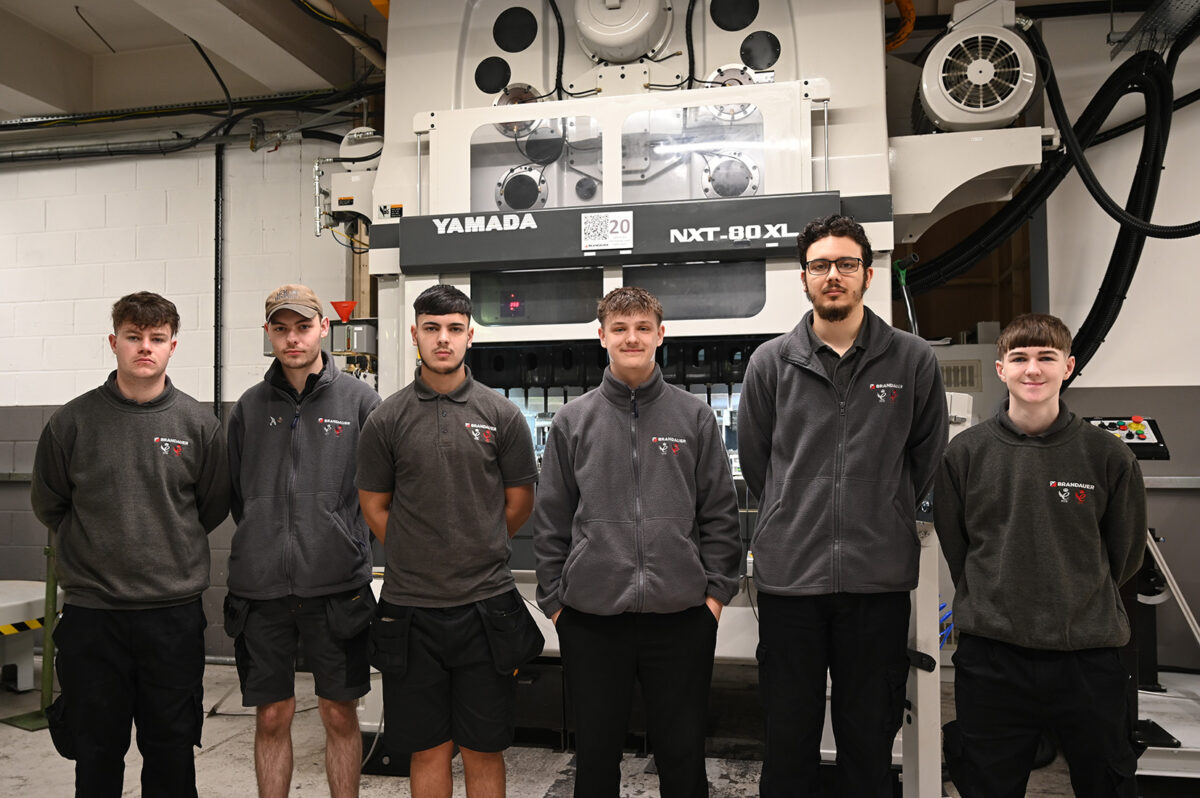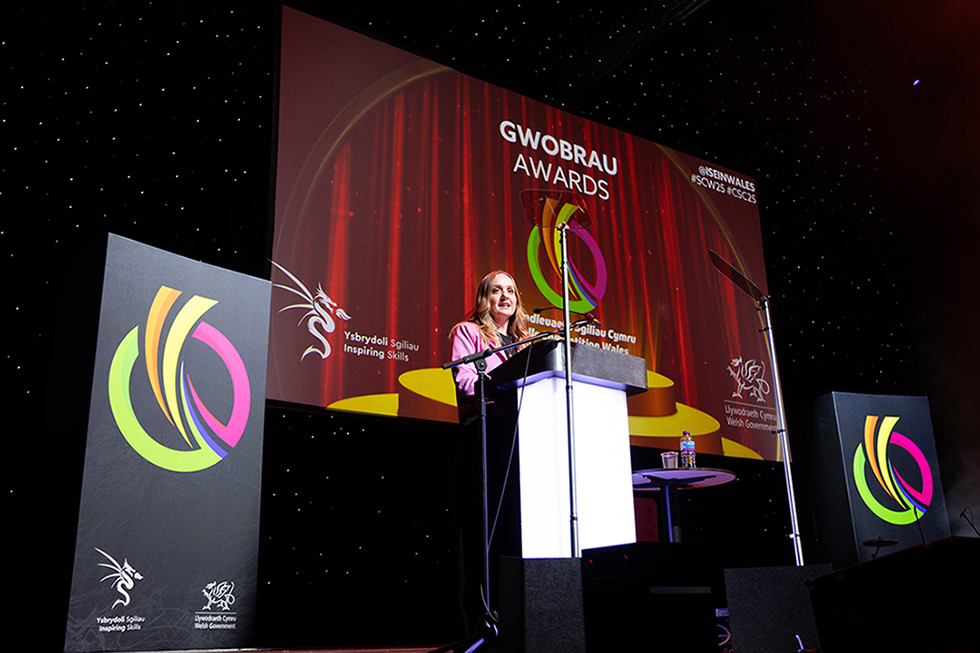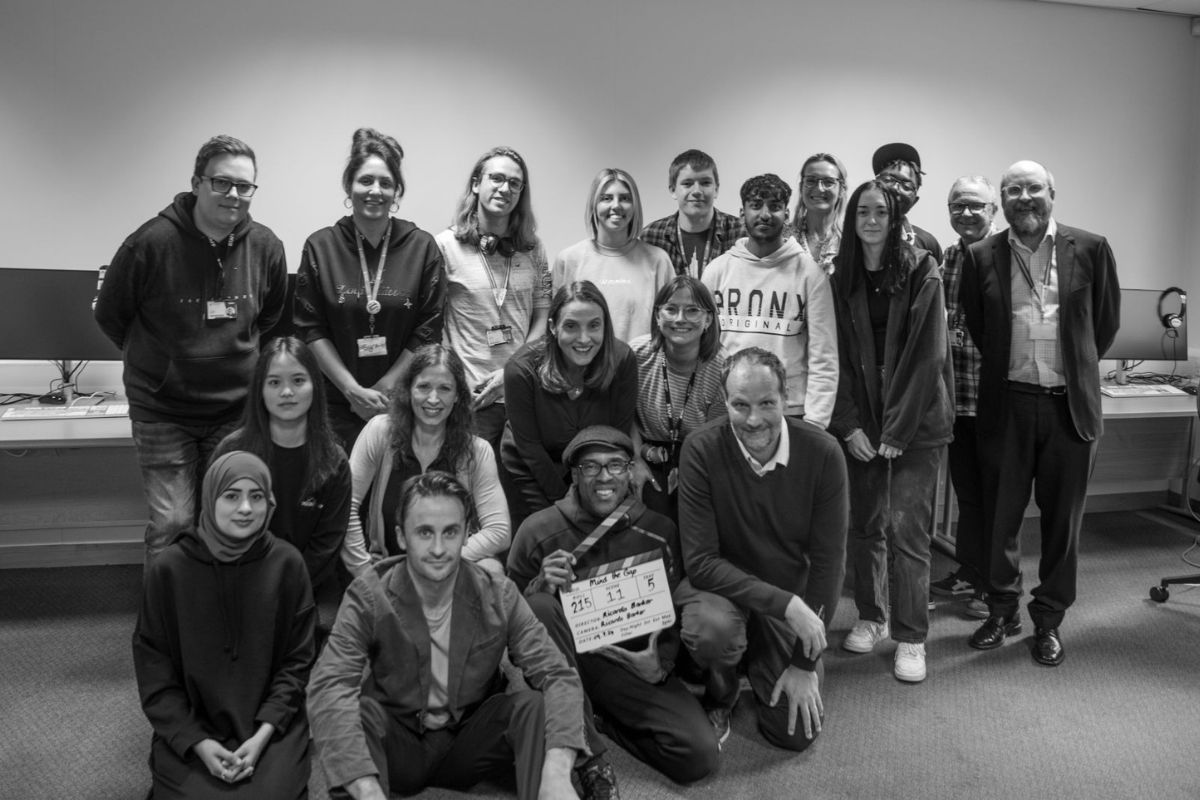Creative Skills for Life: Helping Non-Designers Develop Design Skills

Si Beales, founder of Future Skills Club, and a former principal lecturer at Nottingham Trent University’s School of Art and Design, breaks down how employees in traditionally non-design focused industries can learn creative skills through design, and improve their communication and job prospects in any sector.
Creativity and design skills may not spring to mind as “necessary” credentials when applying for roles within non-design focused industries. However, the ability to think creatively and the tools learned through an education in design can actually boost productivity and collaboration across all sectors.
It can help you think outside of the box, allow you to break down problems and solve them creatively, and encourages you to share ideas in a more accessible way.
All of these skills reflect what employers are looking for no matter their sector, and often they can hold much more weight than just having the practical skills to complete the job. Ultimately having strong creative skills can improve a person’s job prospects in any sector.
But is creativity an innate quality, and to what extent can it be taught?
Losing creativity
I recently spoke in a report by Serif, developers of the Affinity creative software, on the power that learning design skills can have on students from any course – regardless of the relation to design.
Creativity is about looking at things from a different perspective, deconstructing everything, pulling it apart and seeing how things could be done better. Typically, most people are very creative when they’re young, but over time they lose the idea of being disruptive or trying to improve things – they’re nervous of failure and experimentation.
We’re told to specialise in a certain subject or way of thinking really early, which means that people are almost scared to be creative if they haven’t been defined as an ‘artist’ or ‘designer’ during those formative years. Even if they might still have that spark within them among other interests and talents.
The ‘Nature and Nurture: How universities can help everyone learn design skills’ report highlights how important design skills are to a growing number of roles today – and why university is the perfect place to develop them and cultivate creativity, whether or not a student chooses a design-related course.
Many universities in the UK boast state-of-the-art kit, including computers and creative software for students to use on coursework, portfolio building and other projects. But often it’s only design students who have access to them.
Non-design students still need to learn the skills of putting together a professional-looking résumé, or creating presentations when looking for work. Even when they’re working their role might require them to create reports, explain complex ideas to clients in industries like construction or create impactful marketing, social media or sales materials.
Having access to professional-grade software at an affordable price becomes crucial to helping them develop and stand out.
Learning new skills and habits
When teaching the creative process it’s possible to break it down into relatively simple habits. The first thing is having curiosity – opening your eyes to what’s out there already to borrow, steal or remix, and experiment with your own style. To do this you need to be able to explore, identify opportunities and look at trends.
Some people will naturally be able to do all of these things but I believe, if it doesn’t come natural to them, then it can be developed over time. This is what university is about – experimentation and practice, discovering what you’re passionate about and finding a flow.
It’s a place where you can meet people with different experiences, collaborate with peers and experts and learn from each other. It can also help you develop the hard skills needed for whatever discipline you’re studying. And when the courses are good and built with all this in mind, there’s no question that university can be incredibly useful.
Rohan Rajiv, director of product management at LinkedIn stated that soft skills featured in 78% of job adverts posted globally in the summer of 2022. With this in mind, while hard skills can definitely be taught and perfected with practice, if you don’t apply them to live projects at work, you’ll always be behind other candidates.
To get the most out of university and stand out in the workplace, students need to develop their skills on and off their course; taking a personal responsibility for their learning, coaching and training. Lecturers and tutors, just like their future employers, expect students to be self-motivated. This means getting involved in different projects and activities, and developing other soft skills needed for the workplace during internships and sandwich years.
Unlocking creative potential
When I set up the Future Skills Club I wanted to create an online platform for young people to exchange their ideas, and to have a space for learning for building on skills that hadn’t necessarily been taught in school, college or university.
Aimed at 17 – 24-year-olds who will soon enter the workforce we help them to uncover, develop and nurture new skills and unlock their creative potential – whatever their sector. And we’ve found that 71% of young people who sign up to our courses, did so because they wanted to learn how to be creative.
The work we do can also be seen as a way of improving the economy by making the future workforce more creative and more attuned with a different way of thinking. Whether it’s creativity, collaboration, positive mental health or how to build a fulfilling career, we believe learning such skills can help them achieve more in the workplace. The UK government also recognises this – and we’ve recently been awarded a grant through the Innovate UK Creative Catalyst programme.
Creativity certainly really is within all of us. But even with a natural talent, it needs to be nurtured to realise its full potential.
By Si Beales, founder of Future Skills Club, and a former principal lecturer at Nottingham Trent University’s School of Art and Design
To hear more on Si’s thoughts around learning design and creative skills, read Serif’s guide ‘Nature and Nurture: How universities can help everyone learn design skills’.
FE News on the go
Welcome to FE News on the go, the podcast that delivers exclusive articles from the world of further education straight to your ears.
We are experimenting with Artificial Intelligence to make our exclusive articles even more accessible while also automating the process for our team of project managers.
In each episode, our thought leaders and sector influencers will delve into the most pressing issues facing the FE.











Responses